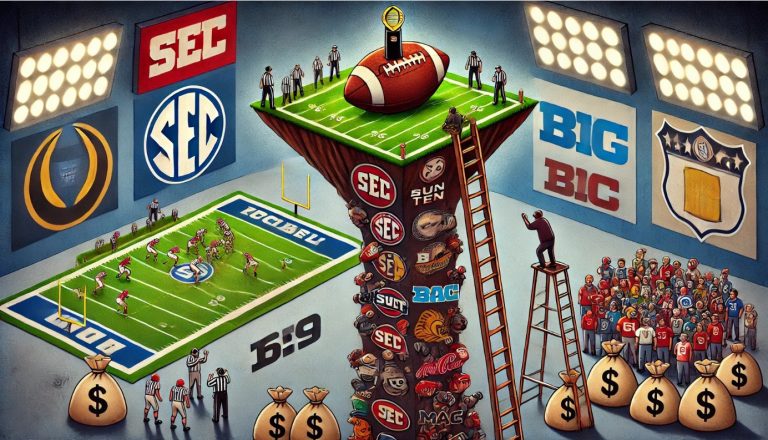
By Larry Billinger
As someone interested in shared beliefs and their scientific validations, I embarked on a journey to explore one of the most enduring myths: does shaving cause hair to grow thicker and darker? This quest led me to examine personal anecdotes from my own life to delve into the scientific truths behind this widely held belief.
Our Shaving Stories
In my own experience, having ditched shaving cream about 20 years ago, I’ve consistently observed what I believed to be a closer shave. Interestingly, my venture into waxing resulted in an unpleasant aftermath of boils and possibly thicker back hair.
What Science Says
However, a different story unfolds when we look at the scientific evidence. According to a study published in the Journal of Investigative Dermatology, shaving does not affect hair’s thickness or growth rate (Stough et al., 2007). Dr. Alexis Young, a dermatologist, clarifies, “Hair growth, thickness, and color are determined by genetics and hormonal factors, not by shaving. The perceived thickening is due to the blunt tip of the regrowing hair.”
Perception vs Reality
My interview with Sophie highlighted the potential psychological aspect of hair regrowth perception. This aligns with what researchers suggest – that many of our beliefs about hair regrowth stem from societal norms and anecdotes rather than hard evidence.
External Factors and Hair Characteristics
The case of friends who underwent chemotherapy and experienced changes in hair color and texture post-treatment indicates that external factors like health conditions can influence hair. However, such changes are distinct from the effects of shaving or waxing.
Conclusion: Dispelling the Myth
Drawing from my experiences and scientific findings, it becomes evident that shaving influences hair thickness or color is a myth. Genetic and hormonal factors primarily govern the characteristics of hair regrowth.


